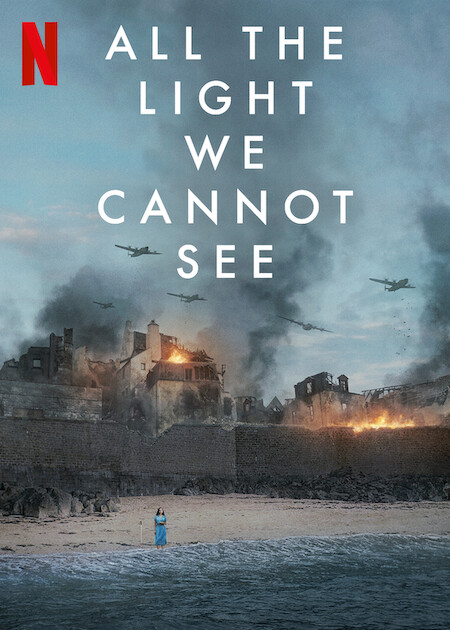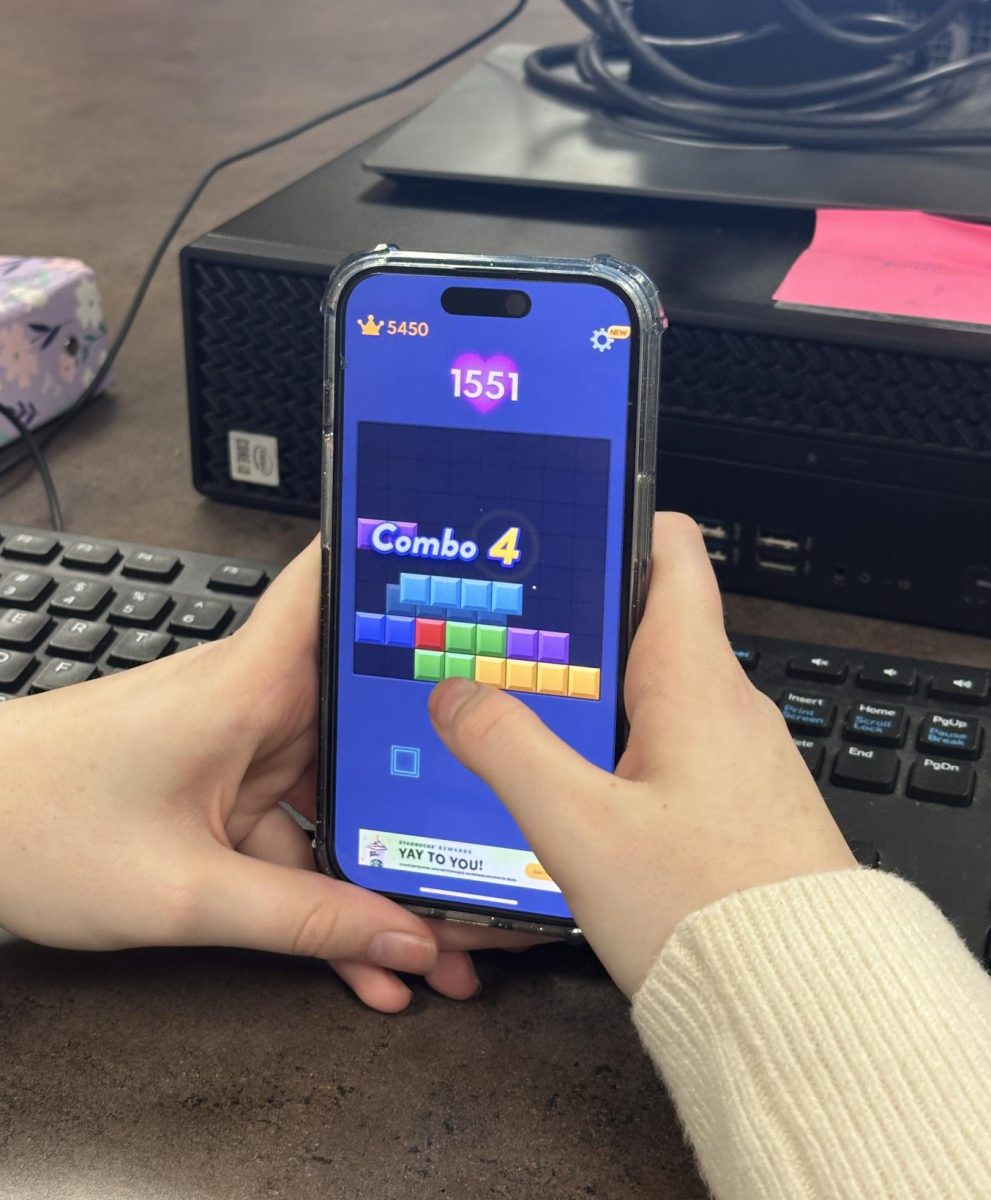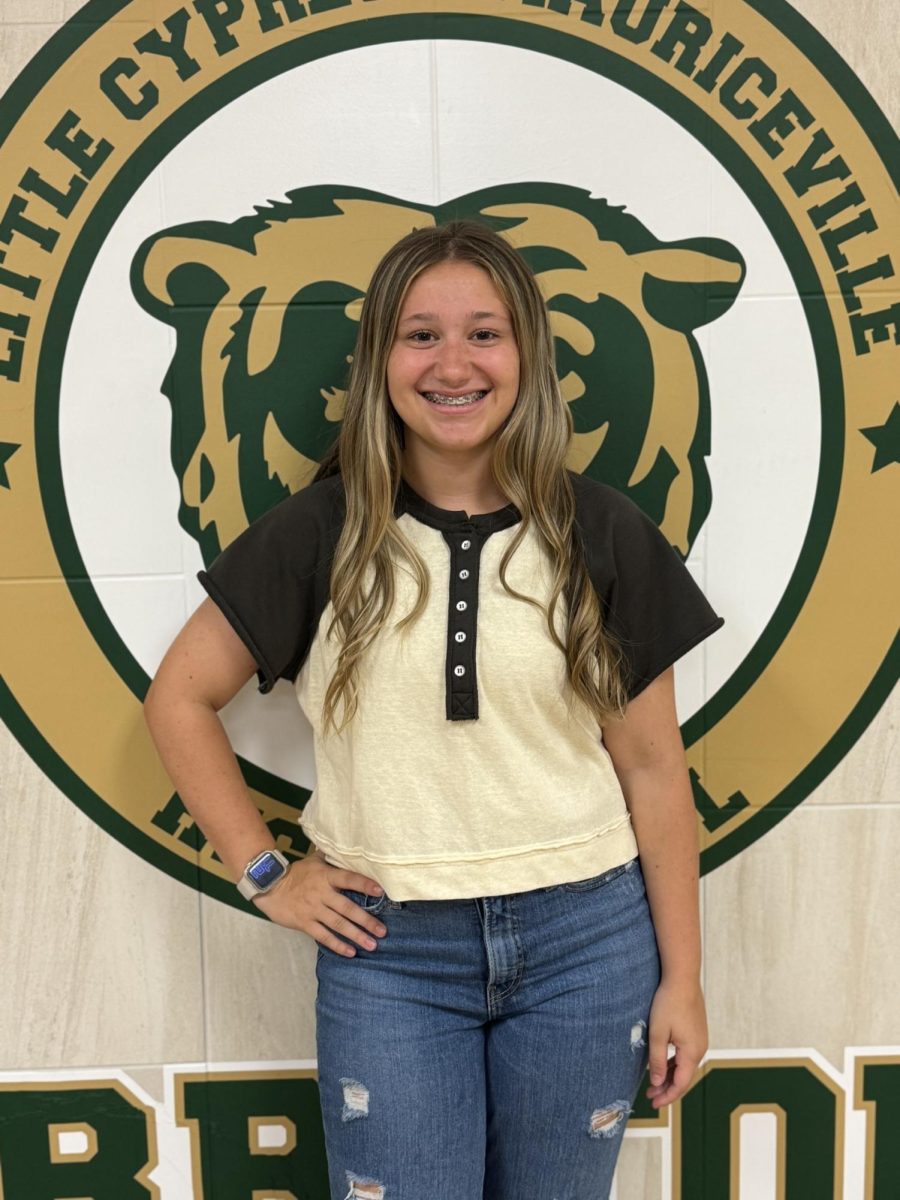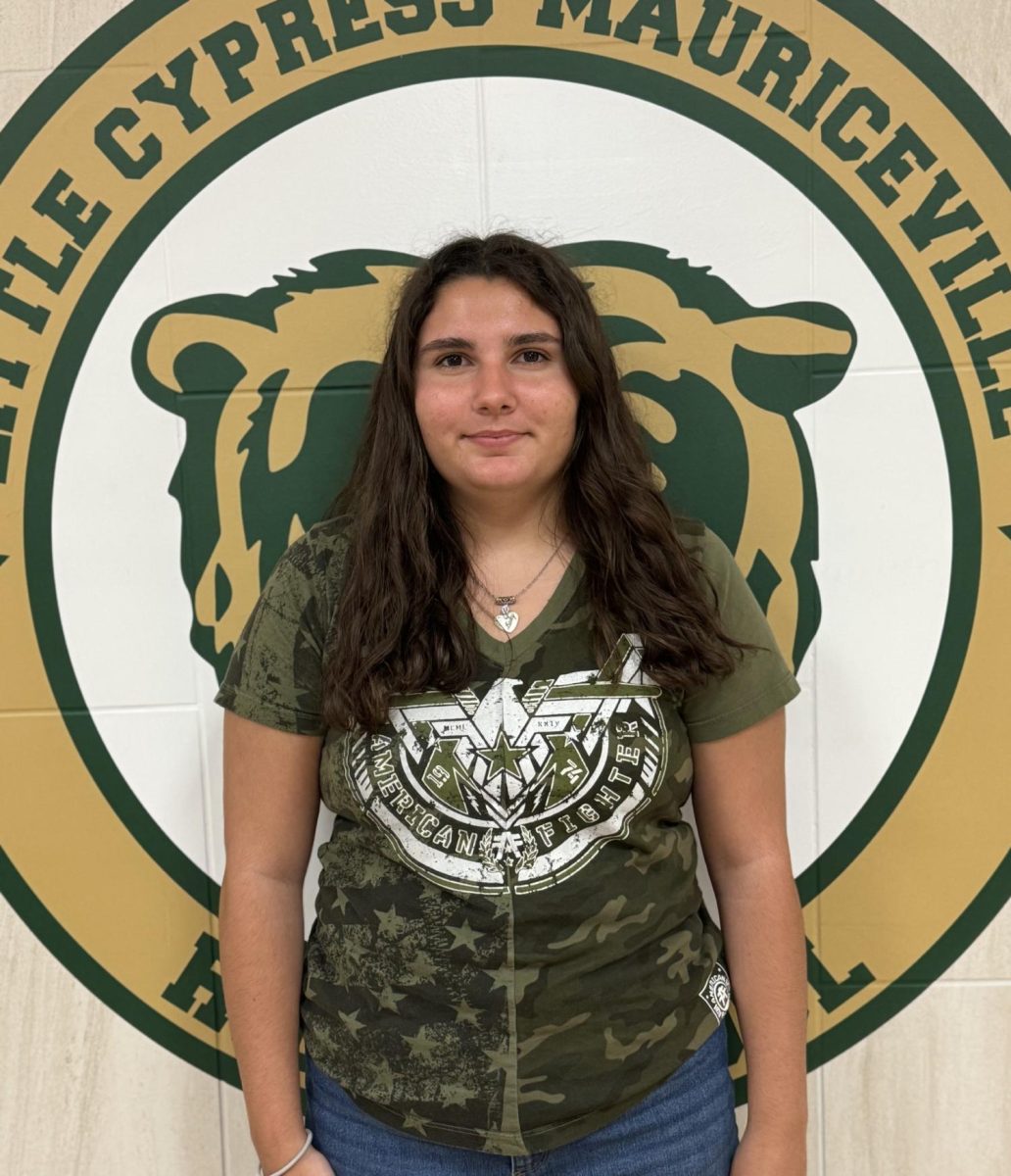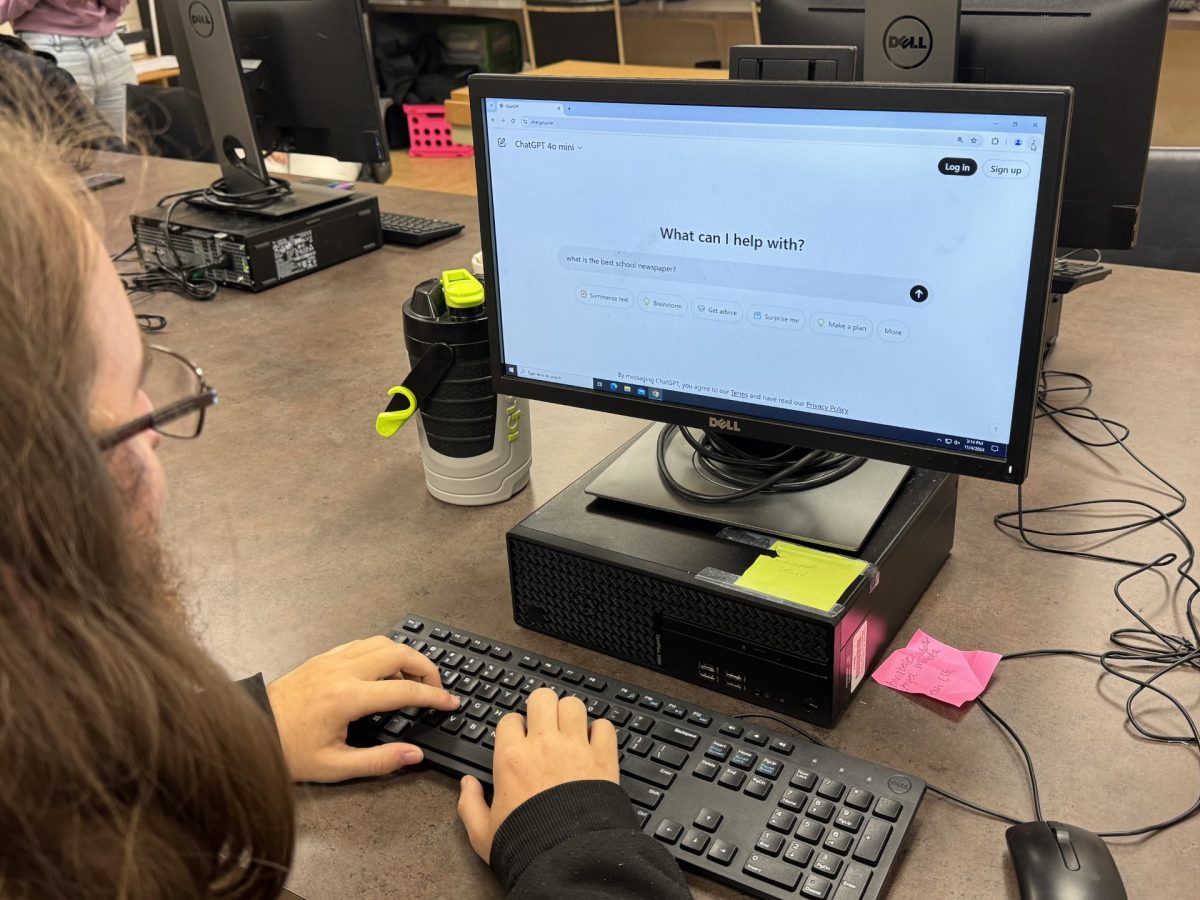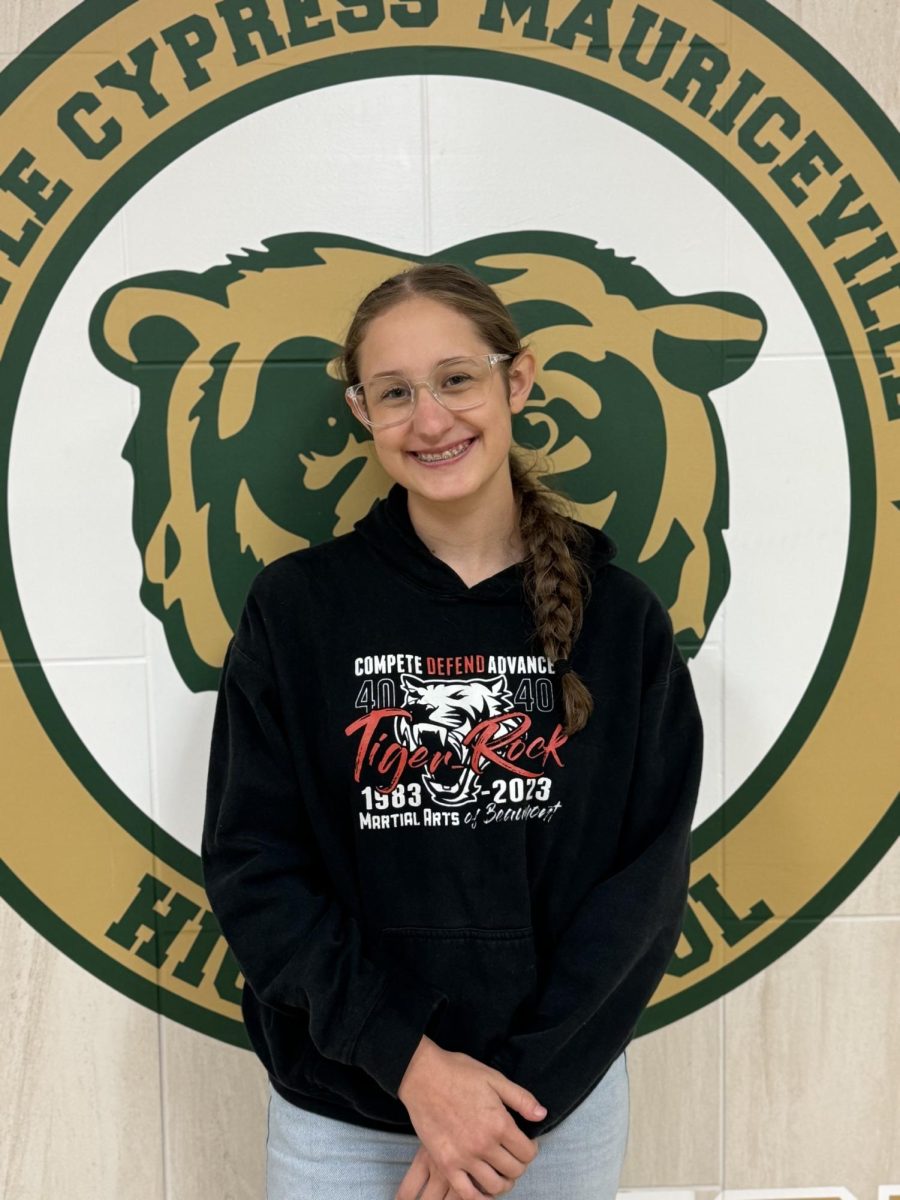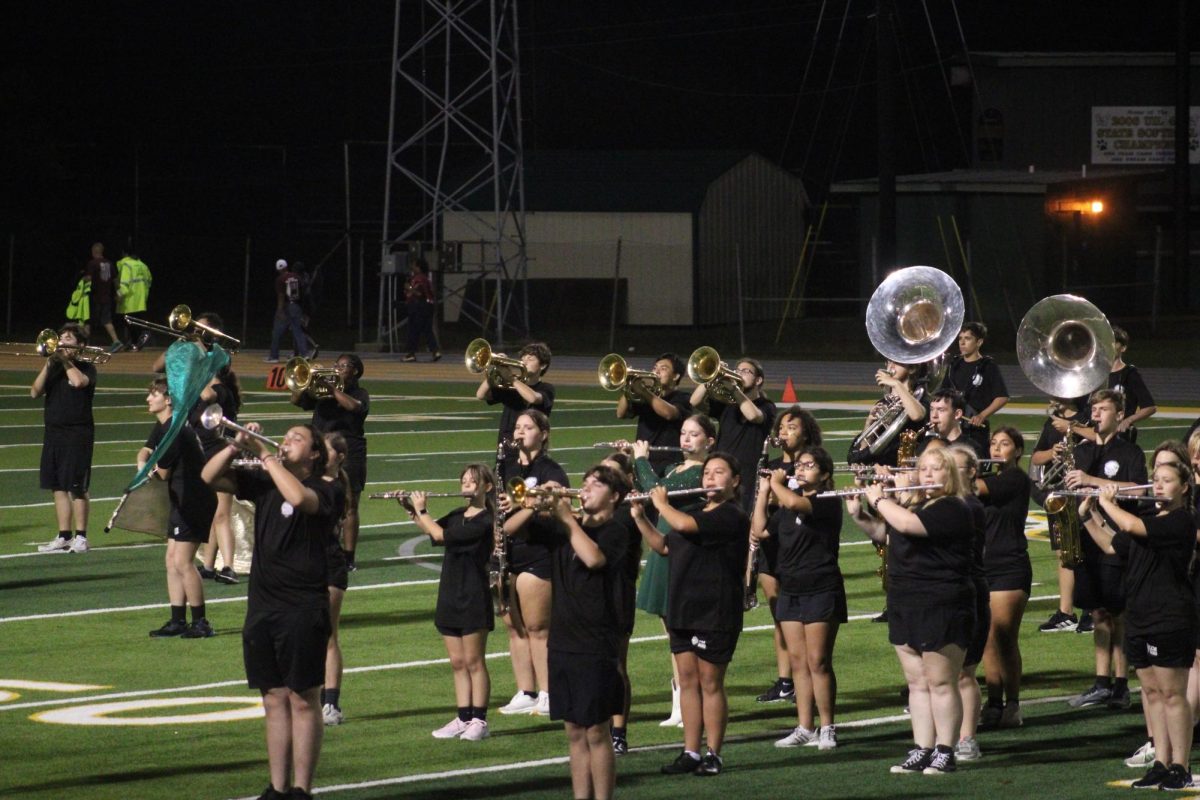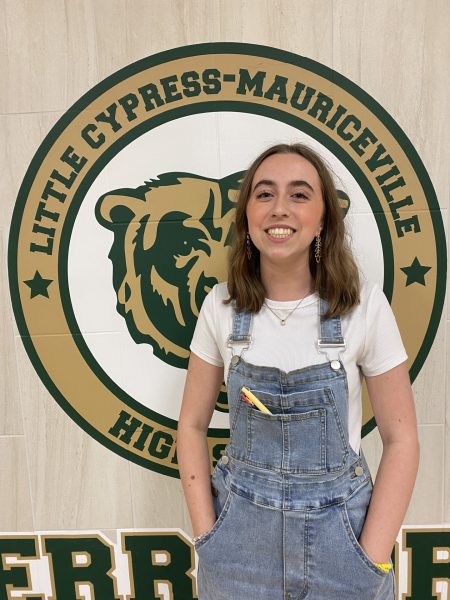The Pulitzer Prize winning bestseller that became one of the best modern historical fictions of our time, All the Light We Cannot See by Anthony Doerr, is now adapted onto the screen eight years after its publication in 2015. Director Shawn Levy (Stranger Things, Free Guy) and writer Steven Knight (Peaky Blinders, Spencer) developed the story into a four-episode series which aired in the US on Nov. 2 and is streaming now on Netflix.
All the Light We Cannot See follows the lives of two teenagers, primarily set in Nazi-occupied France in 1944, and how their unique stories intertwine fortuitously to tell an inspirational tale of hope, perseverance, and the power of hope, symbolized in radio waves.
Marie-Laure LeBlanc (Aria Mia Loberti) is a blind French girl who begins hosting an illegal radio broadcast on her Uncle Etienne’s radio system to try and find her missing Father, Daniel LeBlanc (Mark Ruffalo), or her uncle (Hugh Laurie). Her Uncle Etienne, later revealed to be a member of the French Resistance, takes her in when the war starts, after her Father goes missing while transporting a costly and potentially cursed jewel known as “The Sea of Flames.”
Werner Pfennig (Louis Hofmann) is a German orphan whose expertise in radio technology forces him into being recruited as a Nazi soldier. He and his younger sister, Jutta, discover a broken radio when they were kids and by repairing it Werner finds his love for radios and science. For years, even as the Nazis are taking over Germany and Hitler is rising to power, Werner listens illegally to a French radio station about philosophy and science, led by an anonymous host known as “The Professor,” who claims in a lecture about the electromagnetic spectrum that the most important light is all the light you cannot see.
Werner and Marie-Laure both grow up listening to that same station, and “The Professor” is later revealed to be Etienne, Marie Laure’s Uncle himself. As the story continues and their lives are altered by the course of the war, Marie Laure and Werner’s stories become unexpectedly intertwined, and the blind French girl and young German soldier form an unlikely bond.
The novel that this series is adapted from is so rich with symbolism and powerful themes of empathy, loss, perseverance, power, hope, and love, it is difficult to carry over such a beautiful, complex story like this to the screen. In addition, the directors and Doerr himself agreed that they didn’t want to bring some of the more graphic and realistic aspects of war represented in the novel to the series. All these factors made it extremely difficult for the producers to deliver something quality that does justice to Doerr’s powerful story, but I would say that overall, this series executed the daunting task wonderfully.
Many die-hard fans of Doerr’s book might be disappointed with a few of the significant changes that were made to the ending and what parts were left out of the series, but even being one of these fans myself, these differences didn’t bother me. The changes made to the story didn’t take away from any of the themes or important points Doerr was making when he wrote the novel, they simply ended the story on a happier, even if less realistic, note. The characters were still represented the same as they were in the book, part due to the outstanding casting, and the series was enjoyable for me to watch as a fan of the book because I got to see quality visuals of everything described in the book, like Marie’s father making the wooden model of the town, or collecting the oysters in Saint Malo.
Watching this as someone who hasn’t read the book, I believe would be an enjoyable experience as well. In fact, I think many people who see the series will then have the desire to read the book- I just hope they won’t be too disappointed with Doerr’s bittersweet, close-ended conclusion after seeing the sugar-coated version in the series.
I would encourage anyone to watch the series, because whether they’ve read the novel or not, All the Light We Cannot See is a timeless story that shows hope persevering.

